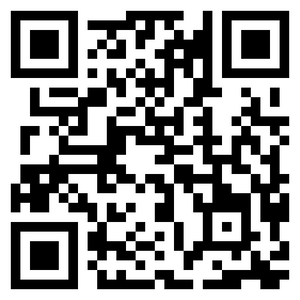Unlock the full picture of your hormonal cycle
We track steps, sleep, and fitness — but not our hormones, the operating system that controls it all.
Hormona helps you see how they impact
every part of your daily life.
Cycle Insights
Get personalised daily insights
on your body's natural rhythms
on your body's natural rhythms






































